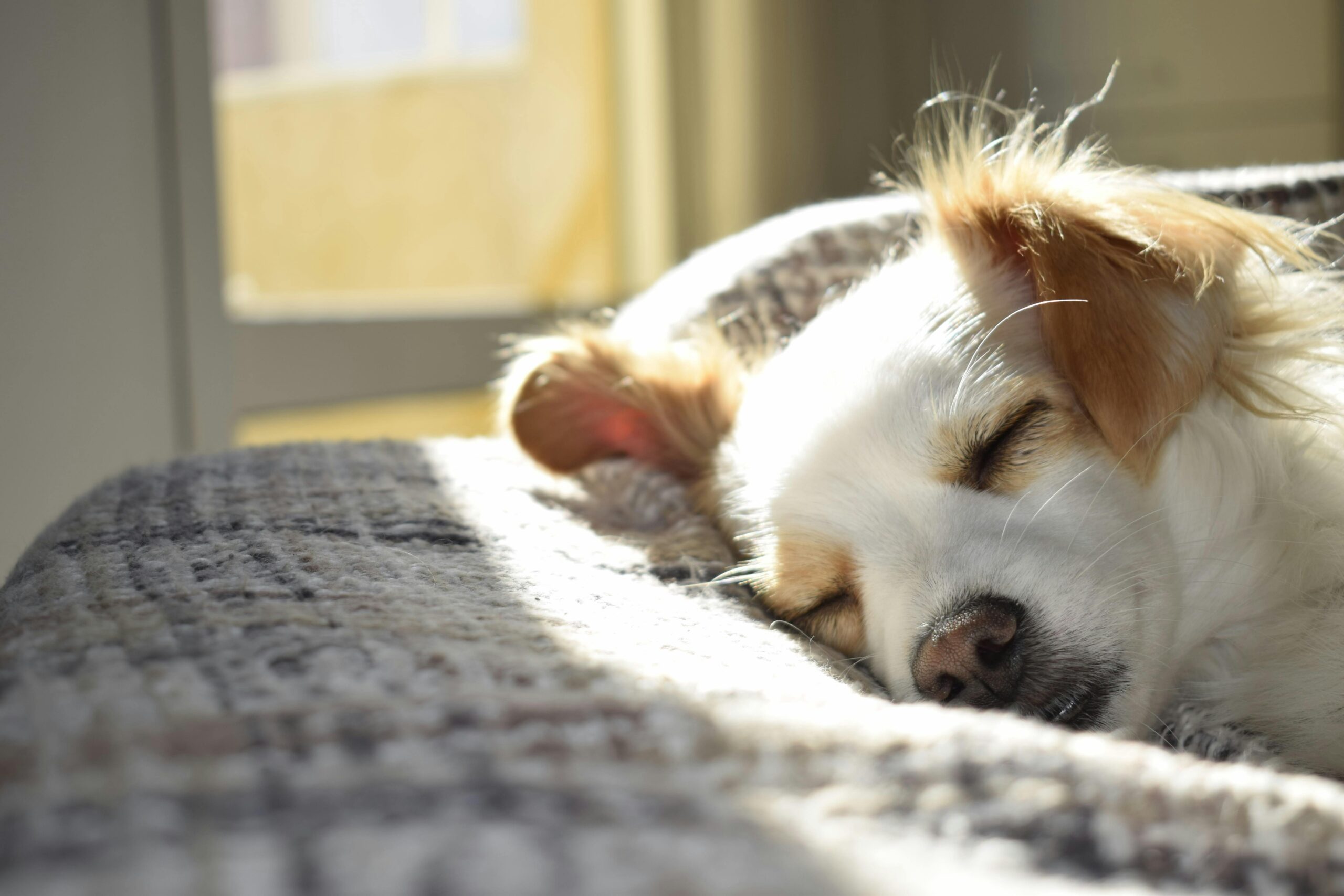
Getting your new puppy to sleep peacefully through the night is a top priority for many dog owners. Proper puppy sleep habits are crucial not only for their growth and development but also for your sanity! At PetsDogPuppy, we know the challenges of managing a young pup’s energy levels, so we’ve created this guide to help you establish a bedtime routine that works for both of you.
Why Are Puppy Sleep Habits Important?
Puppies need plenty of sleep to support their rapid growth and brain development. On average, a puppy sleeps 18–20 hours a day. A solid bedtime routine ensures they get the rest they need and helps prevent common issues like late-night whining or restlessness.
Steps to Create the Perfect Bedtime Routine
1. Establish a Consistent Schedule
Consistency is key when it comes to puppy sleep habits. Try to put your puppy to bed at the same time every night. This helps regulate their internal clock, making it easier for them to settle down and fall asleep.
2. Provide Plenty of Exercise
A tired puppy is a happy, sleepy puppy. Make sure your pup gets enough physical activity and mental stimulation during the day. A short walk or a fun play session in the evening can help burn off excess energy before bedtime.
3. Create a Cozy Sleep Environment
Set up a designated sleeping area for your puppy. Whether it’s a crate, a puppy bed, or a specific corner of the room, ensure it’s comfortable, quiet, and free of distractions. Puppies thrive on familiarity, so avoid changing their sleeping spot frequently.
4. Use a Bedtime Cue
Introduce a cue that signals it’s time to wind down. This could be dimming the lights, playing soft music, or giving your puppy a specific toy or blanket reserved for bedtime. Over time, your puppy will associate these cues with sleep.
5. Take a Bathroom Break Before Bed
One of the most important puppy sleep habits is ensuring they don’t wake up in the middle of the night for a potty break. Take your puppy outside right before bedtime to empty their bladder. This simple step can make a big difference.
6. Avoid Over-Stimulation Before Bed
As bedtime approaches, minimize high-energy activities. Keep the environment calm and avoid loud noises or overly stimulating games, as these can make it harder for your puppy to settle down.
7. Be Patient During Adjustment Periods
New puppies may take some time to adapt to a routine. If your puppy whines or barks during the night, resist the urge to immediately respond unless they need a bathroom break. Giving in too often can reinforce the behavior.
Common Puppy Sleep Challenges (and How to Solve Them)
- Restlessness: If your puppy is restless, ensure they’re getting enough exercise during the day and that their sleep area is comfortable.
- Whining at Night: This is common in new puppies who miss their littermates. Providing a warm blanket or a ticking clock can mimic the comfort of being with their pack.
- Waking Up Too Early: Gradually extend the time between waking up and feeding. This helps reset your puppy’s internal clock.
The Role of Routine in Healthy Puppy Sleep Habits
Puppies thrive on structure, and a bedtime routine is an essential part of fostering good habits. By being consistent, you’ll help your puppy feel secure and develop healthy sleep patterns that benefit both of you in the long run.
With these tips from PetsDogPuppy, you’ll be well on your way to creating the perfect bedtime routine for your furry friend. Sweet dreams!

